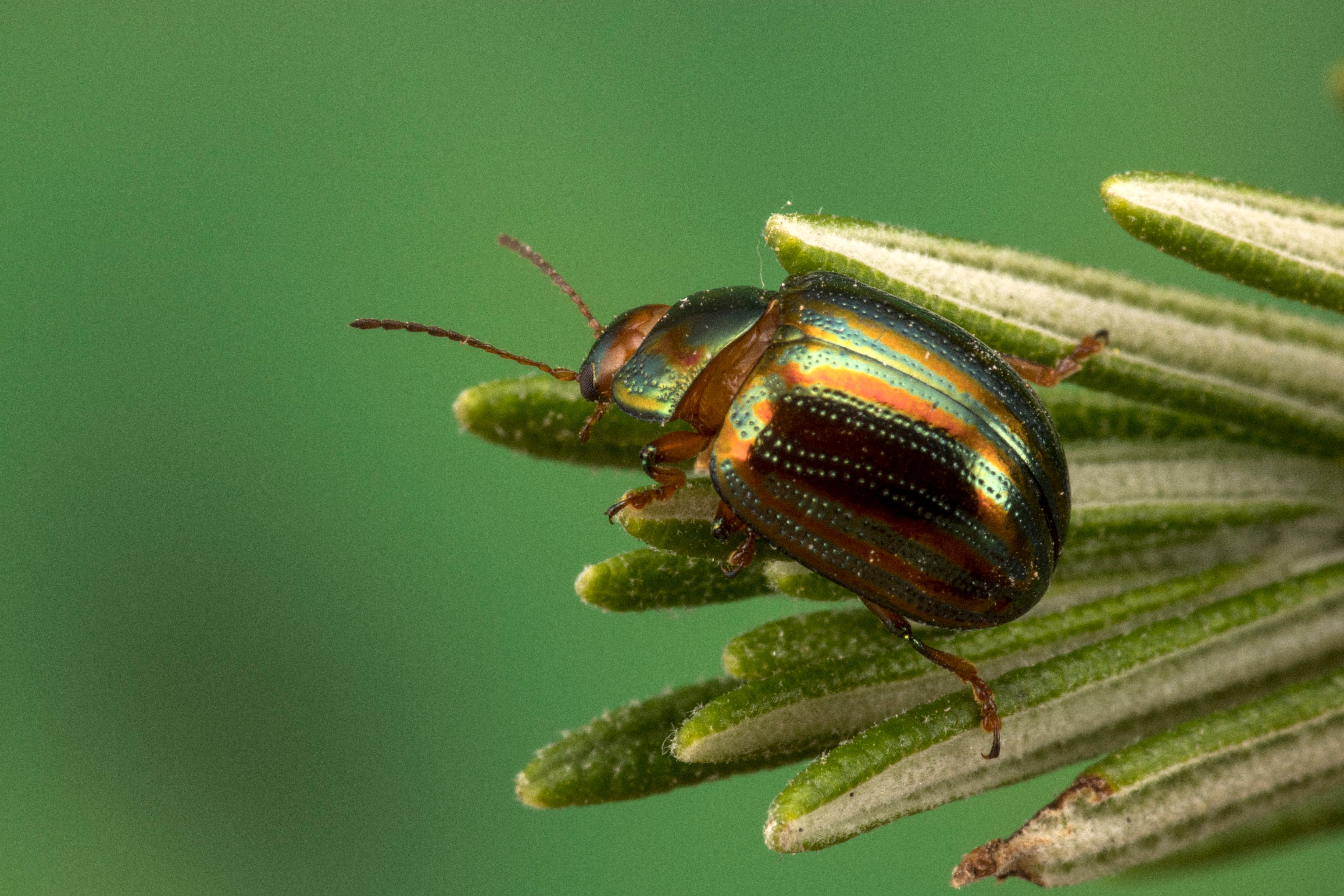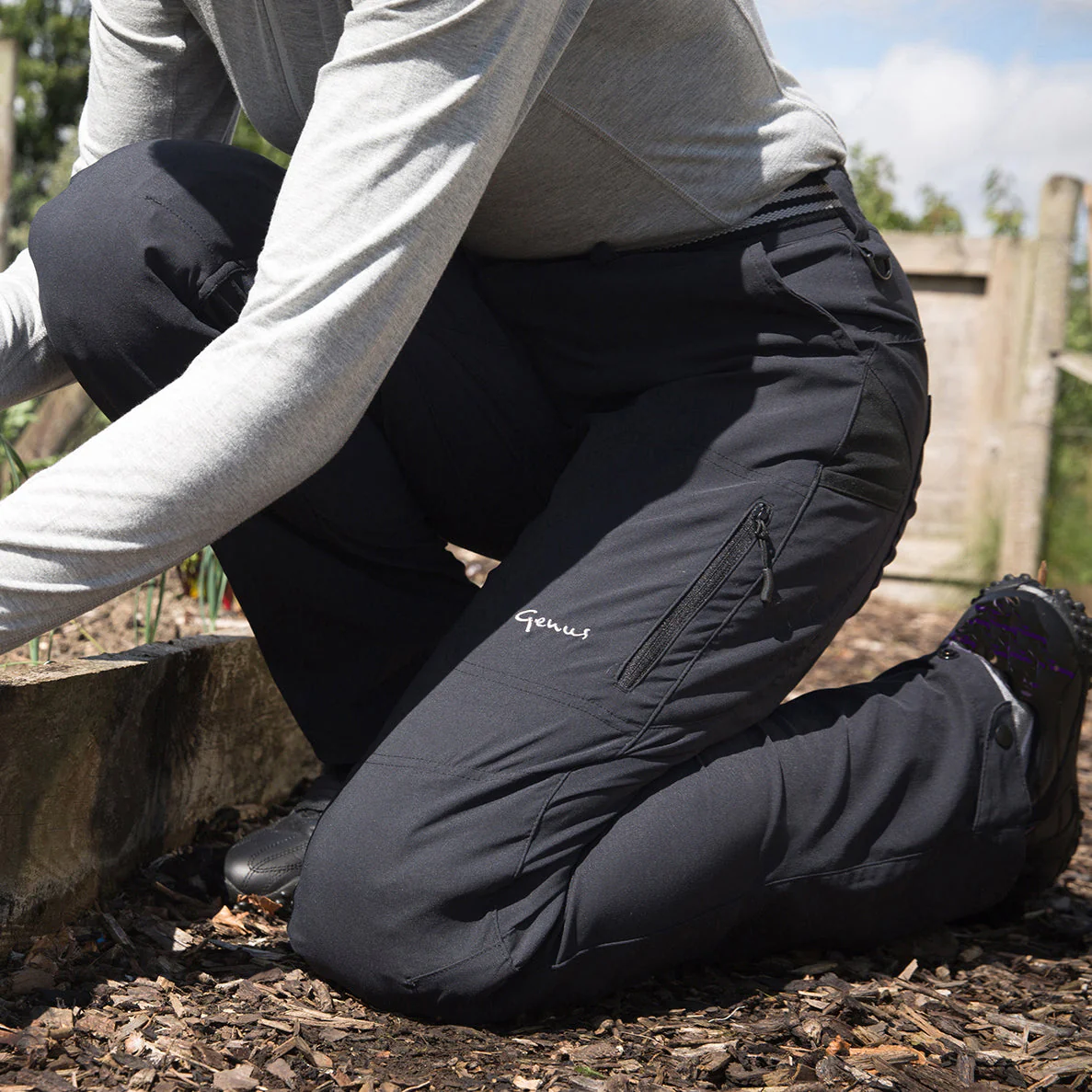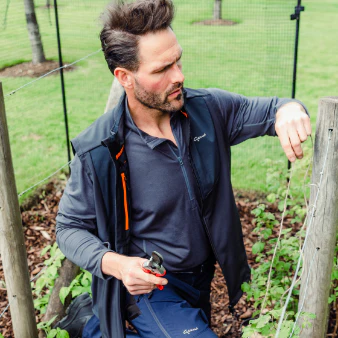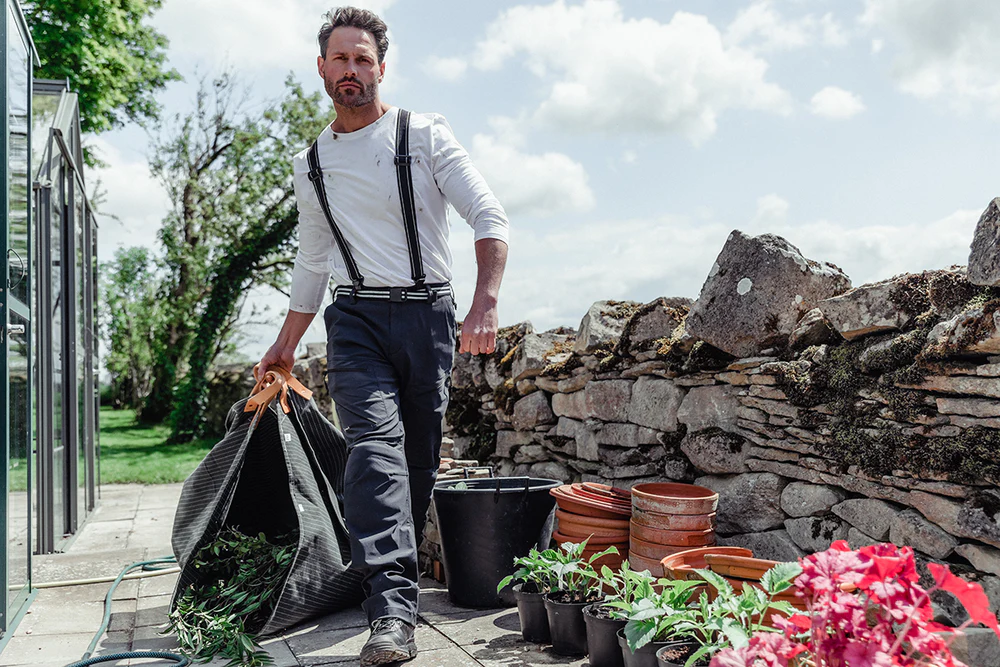Gardeners can play a part in Citizen Science

One of the surprising things to pop up in the Genus garden lately was a bright shiny green beetle that was all over the sage and lavender bushes. Curiosity peaked, and when we Googled “shiny green beetle” we found a picture of it on the RHS website: it turned out to be a rosemary beetle. This is a beetle that found its way into the British landscape during the 1990s, although its not clear how it got here, it’s likely to have been an accidental introduction. It’s not the only new pest to arrive on our shores.
A few years ago the British public learnt about the potential horrors of ash dieback disease, also brought in through the horticultural trade of ash seedlings, and an event that is set to change the look of our gardens and our countryside. The Department of Environment Food and Rural affairs hosts a plant health risk register that provides information about pests likely to threaten trees and plants of economic and cultural interest, and they also have a plant health Task Force to maintain the country’s vigilance against plant pests.
Being important eyes and ears on the ground, gardeners too can do something to help, not only keeping their eyes open for unusual creatures, but by taking part in citizen science projects which collect information about sightings. We might already be familiar with initiatives such as the Big Garden Bird Watch which is a citizen science project that more than half a million people take part in annually, but there are other projects that gardeners in particular could contribute to. Providing information and evidence as a citizen scientist can be invaluable support to researchers looking into different plant pests and introduced organisms. For example, the RHS encourages gardeners to submit sightings and information not only about the rosemary beetle, but also the lily beetle, the Hemerocallis gall fly, and the Berberis sawfly. There is also OPAL that runs a tree health survey, and a collaboration with London Zoo, Froglife and the RSPB that wants reports about garden wildlife health.
The message is clear, "Keep 'em peeled" and get involved. We can all do our bit to manage alien invasions!











